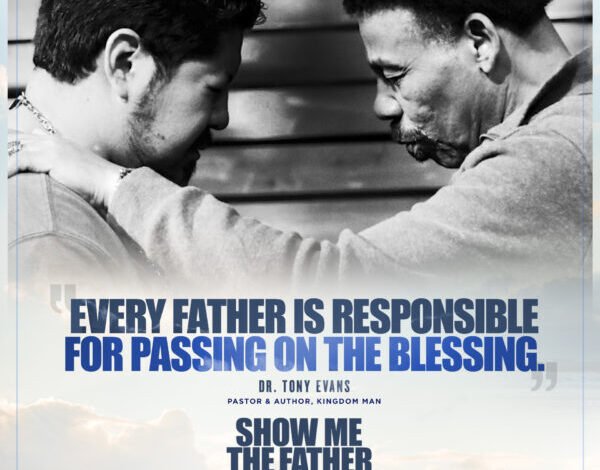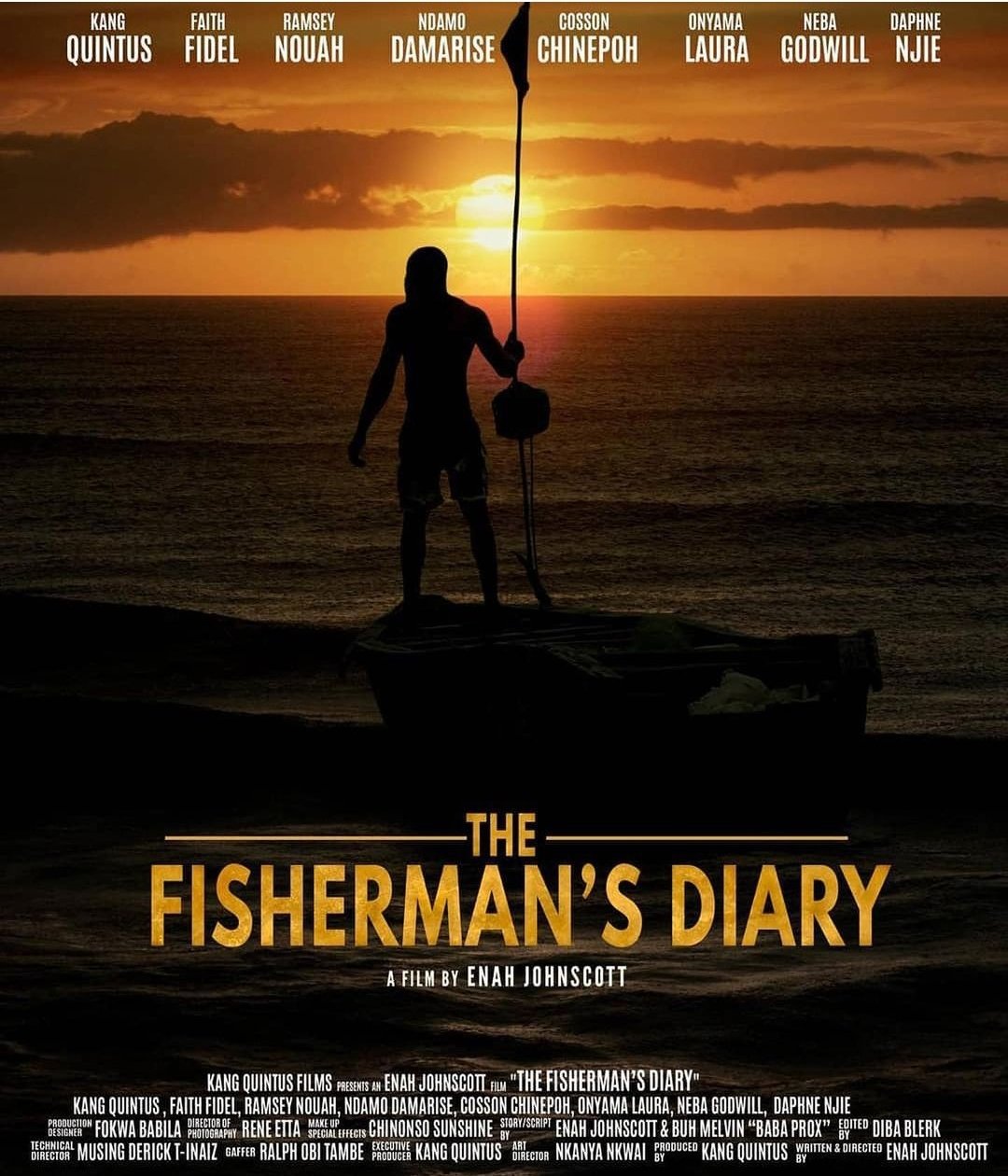“Show Me the Father” (2021): A Soul-Stirring Documentary That Redefines Fatherhood

As the world pauses to commemorate Father’s Day, it is an opportune time to reexamine the deeper meaning of fatherhood beyond its biological definition. The 2021 documentary Show Me the Father, directed by Rick Altizer and produced by Mark Miller and the Kendrick Brothers, offers an emotional, soul-stirring, and theologically rich journey into the heart of fatherhood. More than a film, it is a mirror, a message, and a movement.
The Kendrick Brothers; best known for their faith-based films like War Room, Overcomer, Fireproof, and Courageous, step into documentary filmmaking for the first time with this powerful offering. Narrated with the spiritual gravity of Dr. Tony Evans and featuring five diverse and compelling true stories, Show Me the Father delves into the deeply personal terrain of what it means to be a father, and more profoundly, what it means to be fathered.
A Journey Through Wounds and Redemption
The film is structured around seven distinct themes: A Father’s Impact, A Father’s Brokenness, A Father Figure, A Father’s Responsibility, A Father’s Redemption, A Father’s Assurance, and A Father’s Blessing. Each section navigates through stories of present, absent, or abusive fathers, unveiling how these narratives shape identity, self-worth, and future relationships.
One of the most tender and telling stories is that of Stephen Kendrick’s adoption of his daughter from China, a narrative that illuminates fatherhood as an act of intentional, redemptive love. Another unforgettable segment is the recounting of the blessings spoken by the Kendrick brothers’ father, Larry, at each of their weddings, demonstrating the lasting power of a father’s words to affirm, bless, and shape destinies.
Throughout, the documentary underlines a central truth: everyone has a father story, and whether beautiful or broken, it leaves a permanent mark on the soul.
The Philosophy of Inspiration Over Biology
Informed by insights from family-life professionals and fatherhood advocates, the conversation surrounding Show Me the Father expands beyond sentimentality. A recurring and resonant idea is that fatherhood is not merely a function of biology, but a lifestyle of inspiration.
This philosophy challenges a culture where fatherhood is often reduced to mere provision or presence. True fatherhood, the film implies, and prominent thinkers like Mr. Taiwo AKINLAMI, Renowned Family Attorney, Trailblazing Innovator in Family Strengthening, Child Safeguarding, and Protection, and a Leading Parenting Ideologue, respected across Africa and globally for pioneering frameworks that shape policy, reform systems, and empower families have extensively argued—is the capacity to inspire by example, to lead through love, and to communicate worth, value, and purpose into the life of a child.
To inspire, as Mr. AKINLAMI asserts, is not an emotional whim; it is a disciplined lifestyle. It is choosing to lead by example, communicate values through consistent love, and make personal sacrifices that model integrity, empathy, and accountability.
In this sense, Show Me the Father is not just a movie; it is a classroom. It teaches that the authority of fatherhood is temporary, but the values instilled by it are eternal.
The Shadow of Absence and the Light of Redemption
The film does not shy away from darkness. It confronts the painful realities of absent and abusive fathers. One particularly gripping story features a man who never knew his biological father but found identity and healing through a spiritual father figure and ultimately through his relationship with God.
This redemptive arc is crucial. The film shows that father wounds do not have to define us forever. In fact, healing often begins when men recognize the gap between what they received and what they must now give. This is perhaps the documentary’s greatest triumph: it gently, yet powerfully, redirects the audience’s gaze from flawed earthly fathers to the perfect love and example of the Heavenly Father. It is here that Show Me the Father becomes not only a documentary but a spiritual invitation.
Building a New Legacy
As society grapples with issues such as intergenerational trauma, adverse childhood experiences (ACEs), and emotionally absent parenting, this documentary becomes timely and necessary. The message is clear: a new legacy must begin with fathers who choose love over dominance, inspiration over intimidation, presence over performance.
Fatherhood, therefore, must be a conscious decision, not just to beget life, but to inspire it. It must be measured not by DNA but by dedication; not by volume of voice but by the values we quietly live out; not just by time spent but by attention given.
Final Reflections:
This Father’s Day, Show Me the Father is more than a viewing recommendation, it is a clarion call. It reminds us that the greatest gift a father can give is not inheritance but identity, not discipline but dignity, not power but presence.
Ultimately, as the documentary so eloquently asserts, and as lived by those who have made it their mission to break the cycle of dysfunction: love never fails. What is built on love endures. While biology may give a man the title of “father,” only love, sacrifice, and inspiration confer the honor of being called “Dad.”





